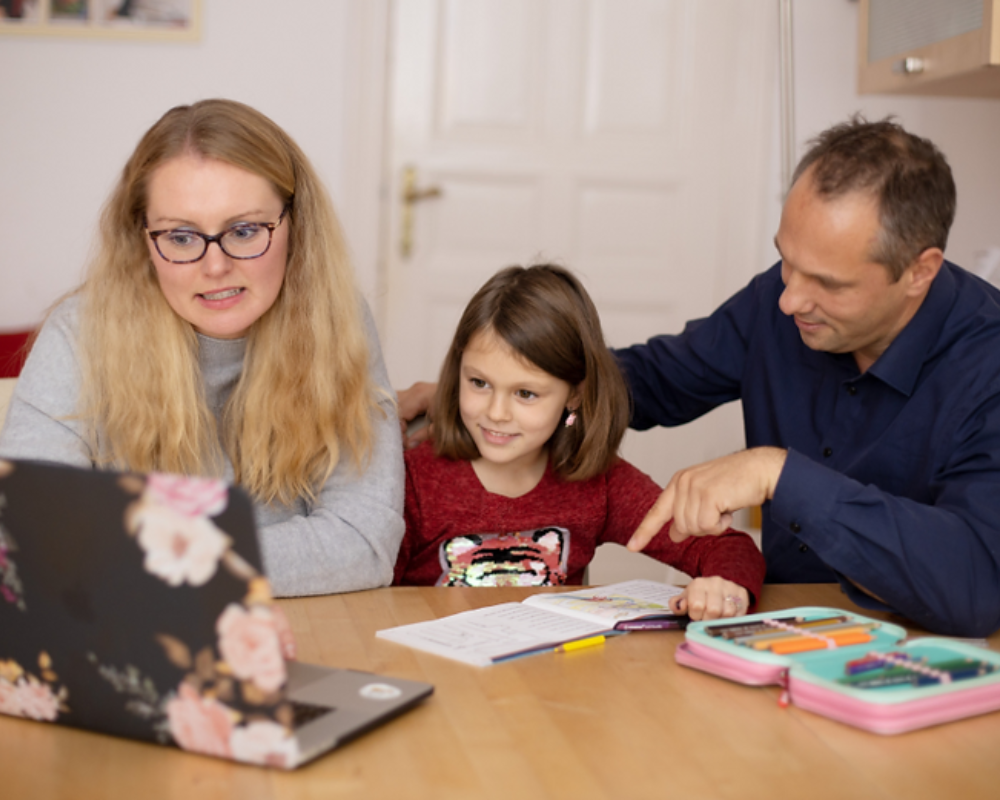Letting Go of the Perfect Mom Ideal Dismantling Perfectionism
Because your kids don’t need flawless. They need you—real, present, and willing to let go of the pressure.
There’s a moment many moms know all too well: you're surrounded by laundry piles, dinner chaos, a long to-do list, and a nagging voice whispering, “I should be doing this better.”
A better mom would have folded the laundry already.
A better mom wouldn’t have snapped about dawdling.
A better mom would’ve made cupcakes instead of buying them.
Sound familiar?
TL;DR
Perfectionism whispers that you’re failing unless everything looks effortless. But your kids don’t need perfect. They need you—messy, real, and present.
Make a Moment
For years, I chased the vision of the perfect mom—organized, patient, nurturing, fun, firm but kind, always one step ahead. It felt noble. But it was exhausting.
Here’s what no one tells you: perfectionism doesn’t offer peace. It offers guilt, shame, and burnout.
I spent so much energy striving to be “better,” I missed the thing my kids actually needed: me. Not a polished version—just me, with all my human moments.
[Channel Your Inner Elsa]
Letting go of perfectionism isn’t about lowering the bar—it’s about asking a better question:
What do my kids really need from me today?
Usually, it’s simpler than we think: a hug. A pause. A moment of understanding.
Letting go also means asking:
– What’s the worst that’ll happen if dinner is frozen waffles?
– What if I model self-compassion instead of self-criticism?
When we mess up and still meet ourselves with kindness, our kids learn to do the same. That’s not just healthy—it’s powerful.
TL;DR
Perfectionism drains connection. But real presence, even in messy moments, strengthens it. Your kids don’t need supermom. They just need you.
Why It Works
Projecting perfection in parenting teaches kids that anything less than flawless isn’t acceptable. And that belief runs deep.
So when we criticize their efforts (“You’re not even trying!”), we reinforce shame instead of growth. When we partner with them (“I’ll wipe the counters while you load the last few”), we model collaboration over control.
This is where the MicroStep Method comes in—because the shift isn’t in the overhaul. It’s in the moment.
[From Critique to Connection]
Swap perfection for presence. Trade harshness for teamwork. Each tiny pivot teaches your child: Good enough really is enough.
TL;DR
The way we respond to imperfection—ours and theirs—teaches our kids whether mistakes are safe. Modeling calm, effort-based leadership lays the foundation for confidence and compassion.
Your MicroStep
This week, notice one moment when your child helps imperfectly—and resist the urge to fix or critique. Instead, thank them for their effort and finish the task together. You’re not lowering the bar. You’re raising the connection.
Like what you're reading?
Grab my book, The MicroStep Method for the Overwhelmed Parent: Small Moments, Big Impact, for the entire collection of MicroSteps.




